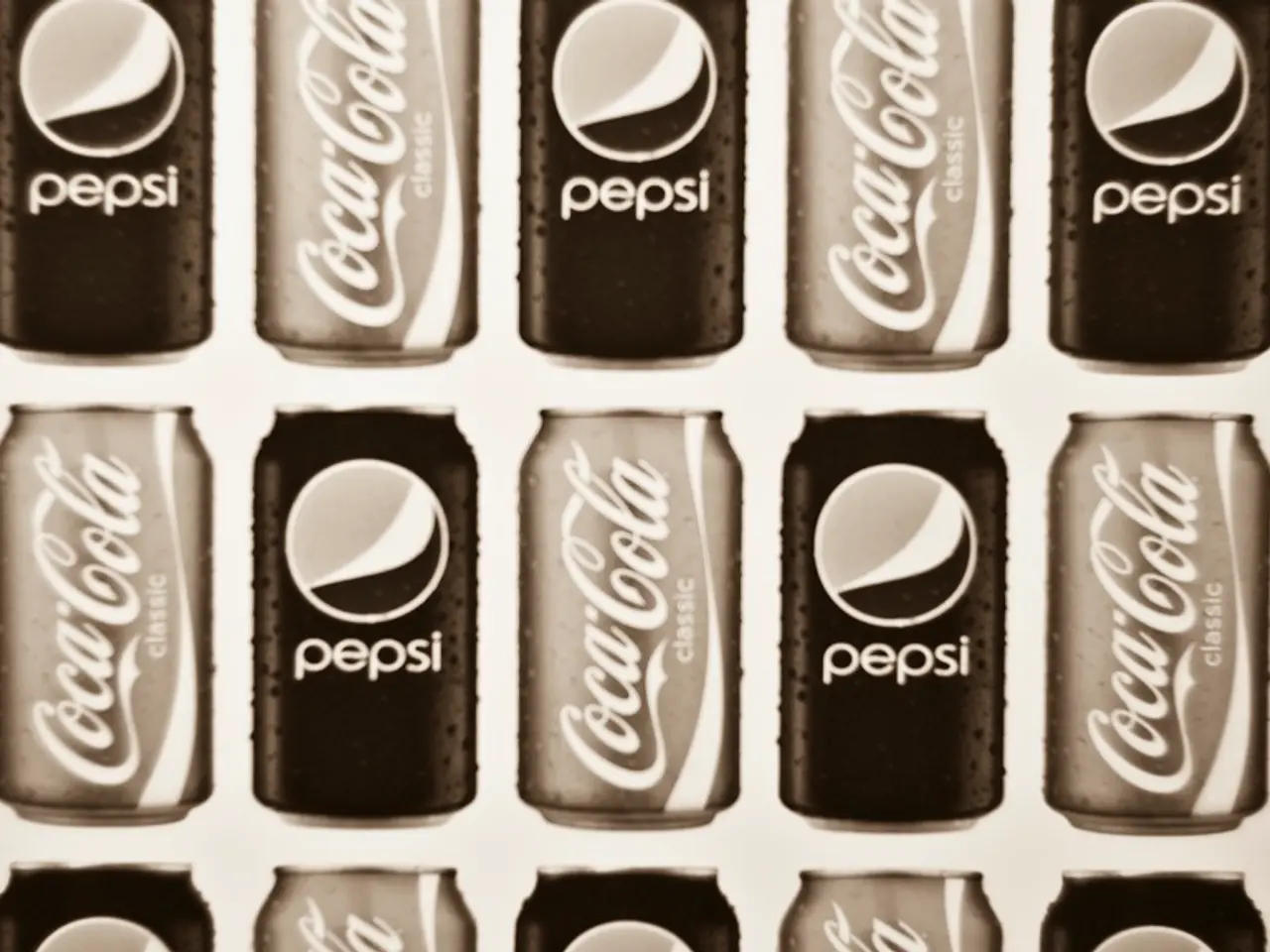International Treaty Aimed at Reducing Global Plastic Pollution
In a disappointing turn of events, the United Nations negotiations to finalize a legally binding global plastics treaty have failed to reach an agreement during the fifth resumed session (INC-5.2) held in Geneva in August 2025. The proposed treaty, aimed at controlling plastic pollution, particularly in marine environments, has been a topic of intense debate.
The key issues causing the breakdown in negotiations revolve around limits on plastic production, restrictions on chemicals of concern in plastics, and questions about when plastic should be considered waste. Countries are sharply divided, with some, including major oil-producing states like Saudi Arabia and India, opposed to any treaty provisions that would cap plastic production or ban certain toxic chemicals in plastics. On the other hand, countries like Colombia, Chile, and small island states like Tuvalu, insist that including such caps and bans is essential. Even countries on both sides, including the United States, found draft treaty texts unacceptable, often stating that these proposals "crossed red lines."
The urgency of the treaty is underscored by the fact that global plastic production exceeds 460 million metric tons annually, with an estimated 20 million metric tons polluting the environment each year. Plastic waste is expected to triple by 2060, causing harms to human health, marine life, and economies worldwide. The OECD estimates plastic waste will reach over 1.7 billion metric tons by 2060, with projected economic damages costing up to $281 trillion cumulatively.
The proposed treaty aims to address the full life cycle of plastics, promoting circular economy principles to better manage design, production, use, and disposal. However, negotiators have yet to reconcile competing national interests, industrial pressures, and environmental imperatives.
The Danish delegate, speaking on behalf of the 27 EU countries, called the draft treaty unacceptable and not delivering the minimum required to address the urgency of the plastic pollution challenge. Graham Forbes, head of the Greenpeace delegation, described the new draft treaty as a "gift to the petrochemical industry and a betrayal of humanity." Despite the recognized urgency and the extensive negotiations under the UN Environment Programme, the global plastics treaty talks remain deadlocked principally because of disagreements over production limitations and chemical restrictions, reflecting a fundamental tension between economic interests in plastic manufacturing and the need for environmental and health protections.
As the world grapples with the colossal problem of international plastic pollution, as stated by Jochen Flasbarth, State Secretary in the German Federal Ministry for the Environment, the continuous addition of plastic must find limits. The aim is to phase out certain single-use plastic products like straws or polystyrene cups worldwide, but the path to a binding global agreement remains uncertain. Further talks will be scheduled, but the road ahead is fraught with challenges.





